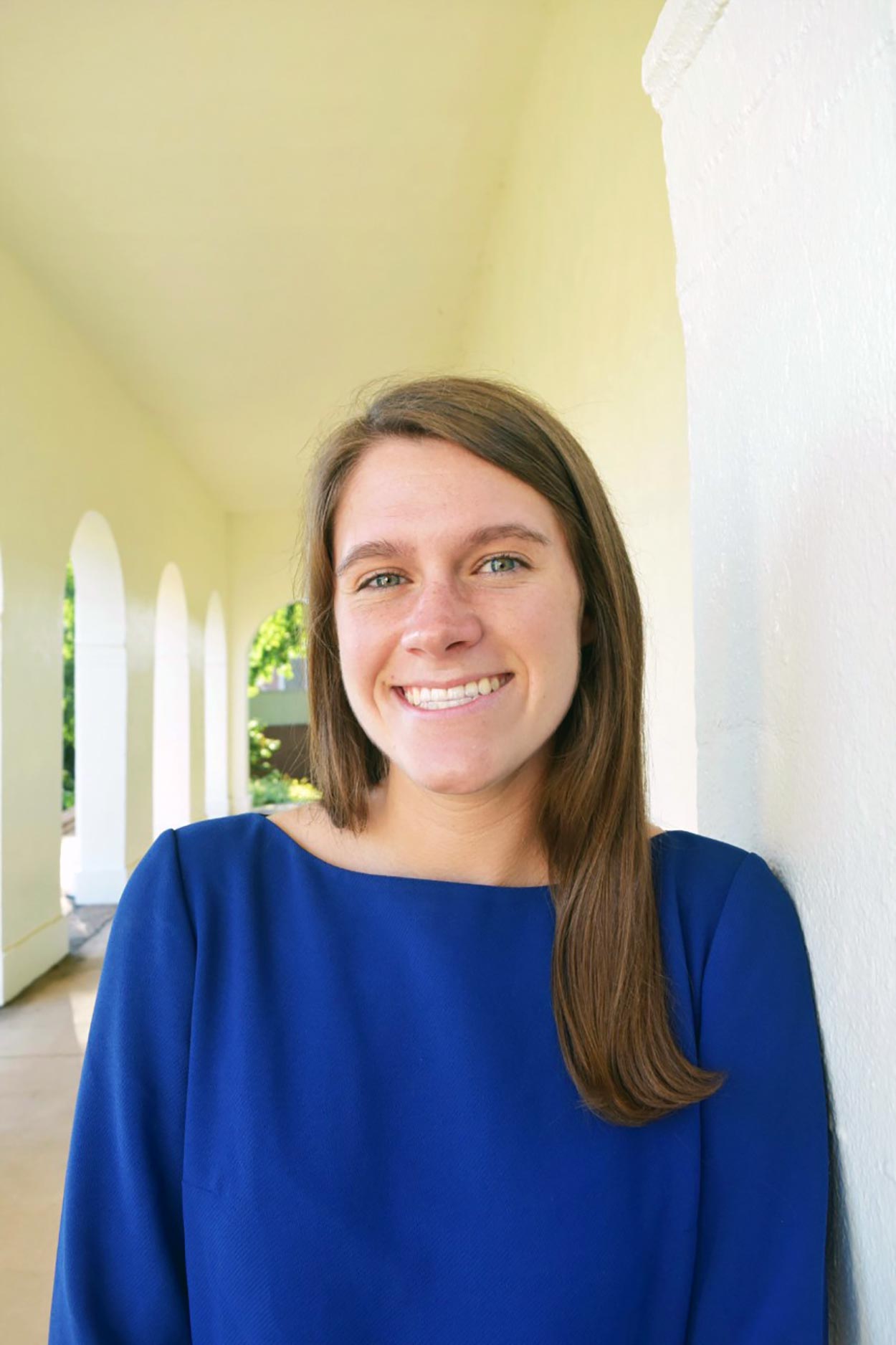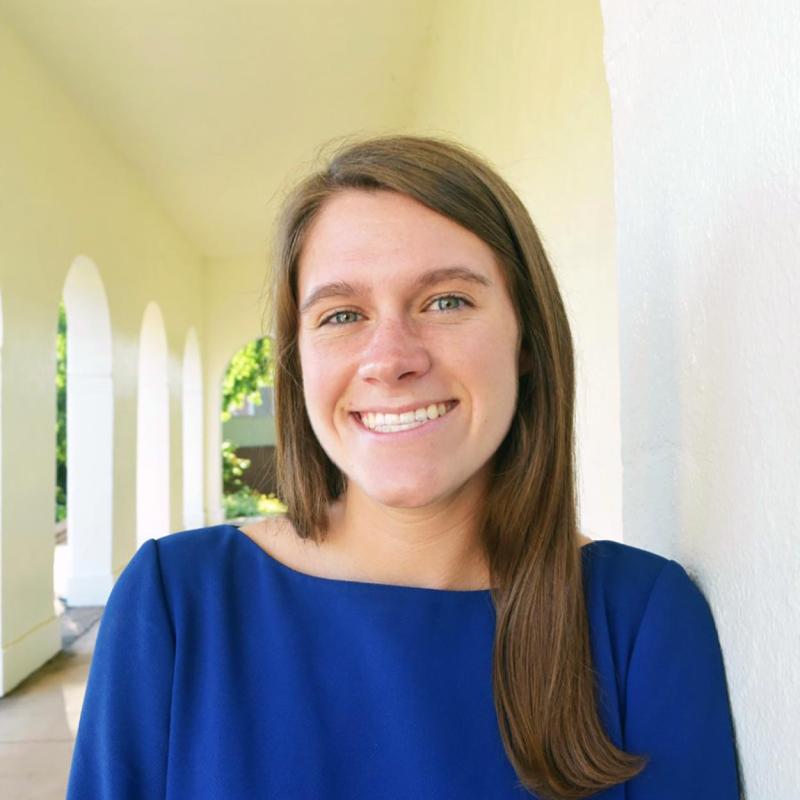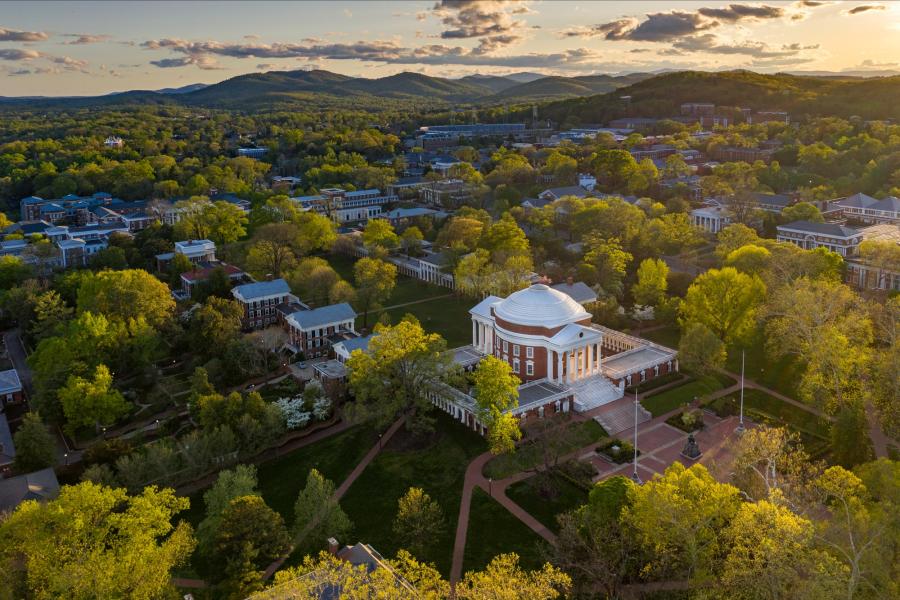As the COVID-19 pandemic demonstrates, big data in medicine is increasingly important to understanding disease.
One University of Virginia student is particularly well-poised for the new challenges of integrating data science into health care. Elizabeth Driskill will graduate in May with a master’s degree in data science, and in the fall will enter the UVA School of Medicine. She earned her bachelor’s degree in biology in 2019 after only three years at the University, and used this, her fourth year, to study data science with an eye toward becoming a data-oriented physician.
“I wanted to focus on a different subject than biology after graduating, and I think there are so many opportunities to use data science in the real world,” she said. “With the vast amount of health care data available, I wanted to learn how to extract valuable information from this data to ultimately improve patient care and quality of life.”
The COVID-19 pandemic proves the value of using data science to further our understanding of infectious disease transmission rates and for mitigation, she said.
“People are looking for answers; we are all trying to understand how to live our lives in a pandemic, and it’s the management of data that can help us understand, and it helps hospitals plan for and respond to an influx of patients with infectious disease,” she said.
Driskill recently completed her master’s degree capstone project, which, in an ongoing study, seeks to understand how weather extremes affect the need for urgent care by diabetics who are particularly sensitive to cold and heat. The study is unique in that it focuses on the relationships between weather and climate and emergency room utilization, an area where health care professionals have noticed a possible anecdotal relationship, but with little hard evidence.
Driskill’s adviser on that project, Wendy Novicoff, a professor of orthopedic surgery and public health sciences, said Driskill has the “perfect combination” of knowledge and skills in data science and medicine to ask intriguing questions that bring unique insights to spotting trends in the use of health care resources.






